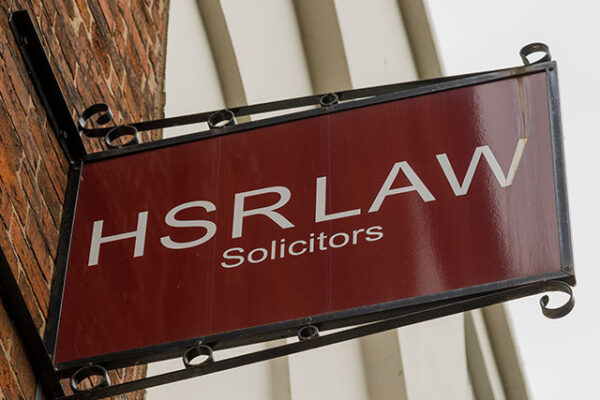What is a Trust?
A Trust enables the assets of a person to be managed by other people (“Trustees”) for the benefit of others (“the Beneficiaries”) in accordance with the wishes of the person setting up the Trust (“the Settlor”). A Trust may be set up for a number of reasons, either during a person’s lifetime, or by the contents of their Will.
A trust requires two to four Trustees who are chosen by the Settlor. The Trustees must act in accordance with the instructions of the Settlor. They must also comply with their fiduciary duties, which include: acting in the best interests of the beneficiaries as a whole; not putting themselves in a position of conflict; not making a profit from property subject to a trust or from their role; and not favouring one beneficiary over others.
Unfortunately, the operation of a trust does not always run smoothly
Some common problems are:
- The Trustees cannot reach agreement on a particular issue, or at all;
- One or more Trustees act in breach of their fiduciary duties;
- There is a failure to administer the Trust efficiently (or at all);
- There is a disagreement over the terms of the Trust;
- A beneficiary disputes their entitlement;
- Information is not being shared with beneficiaries;
- A Trustee is abusing their position for financial gain.
There are options to resolve your trust dispute
There are a range of options available to resolve trust disputes and each case will turn on its own merits. It may be possible to reach a solution without the need for an application to the Court, either by written negotiation or via a more formal means of ADR, such as mediation. A financial settlement could be achieved in some circumstances, for example where a beneficiary disputes their entitlement.
What if Court involvement is required?
If Court involvement is required, there are different remedies depending on the nature of the dispute. If there is substantial evidence that a Trustee has been abusing their position financially, they can be held personally liable and made to repay funds to the Trust. If the issues relate to the practicalities of the running of the Trust where, for example, the Trustees cannot agree, an injunction may be sought to prevent the Trustees from taking a particular action. In some circumstances an Order of the Court may be sought to remove or replace a Trustee.
What is the first step toward resolving a trust dispute?
The first step will be to consider your position and gather any information or evidence that you hold to determine whether there might be a case to answer. We welcome you to make an appointment to explore your situation.
For more details on how we can support you, contact our Trust Disputes team today.
Your Trust Disputes Team
Our Latest News
- Am I Eligible for the Right to Buy Scheme? Key Rules ExplainedThe Right to Buy scheme helps council tenants purchase their homes at a discount, but not everyone qualifies. In this guide, Ryan Morgan, Partner and Residential Conveyancing Solicitor at HSR Law, explains who can apply, how discounts are calculated, and how our team can support you through the process from start to completion.
- Should I Replace an Enduring Power of Attorney with a Lasting Power of Attorney?If you created an Enduring Power of Attorney (EPA) before October 2007, it remains legally valid and does not need replacing. However, many people now choose to make a Lasting Power of Attorney (LPA) for added flexibility, including health and welfare decisions. Our specialist solicitors can advise on whether an LPA is right for you and guide you through the full creation and registration process.
- Lasting Powers of Attorney Certificate Provider – What you need to knowA Lasting Power of Attorney must include a certificate signed by an independent person confirming the donor understands and agrees freely to the LPA. Choosing the right certificate provider is essential to avoid rejection or delay. HSR Law can guide and act as your certificate provider.
- Graham Bembridge retires after more than 50 years in the Legal ProfessionGraham is taking his well-earned retirement from the firm after 50+ years in the Legal Profession in Gainsborough.
- Protecting your Estate against future care costs – “Can I transfer my property to my children to avoid paying care fees?”A question we often get asked is whether clients are able to gift their assets away to their children to avoid this asset being taken into consideration if they required residential care.
- Share Rights & Classes: What your investment really says about you!If you are dealing with specific situations regarding share classes or rights, it’s often advisable to seek legal advice to ensure the Articles of Association accurately reflect the desired governance structure.









